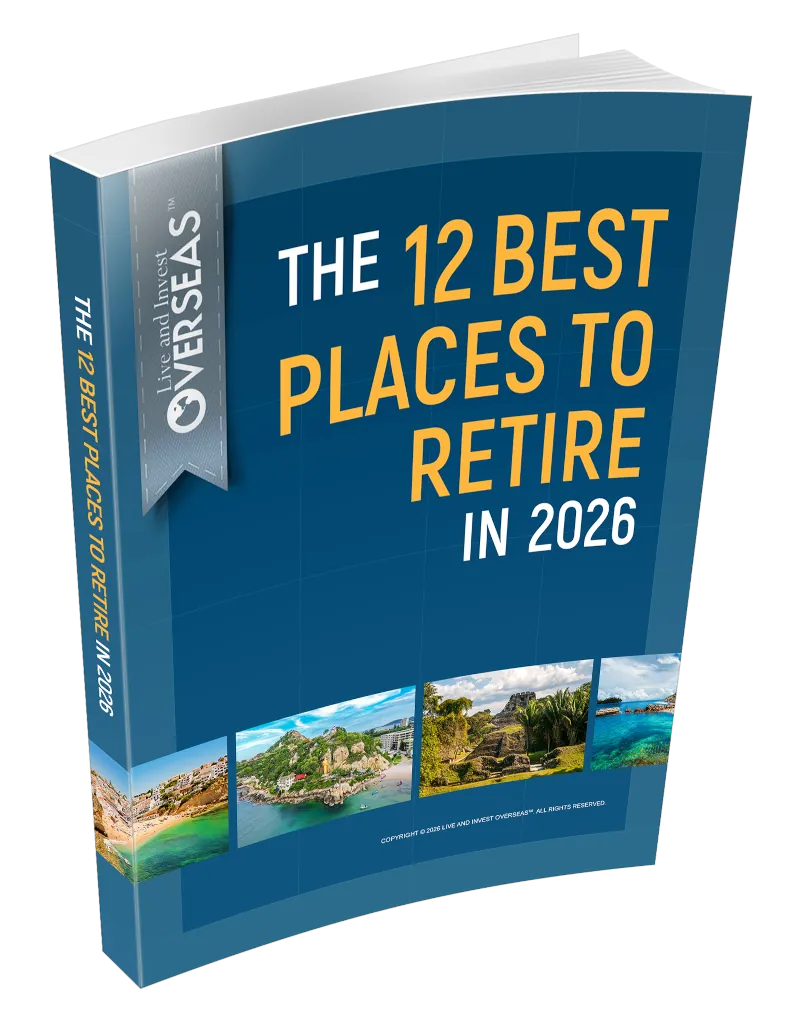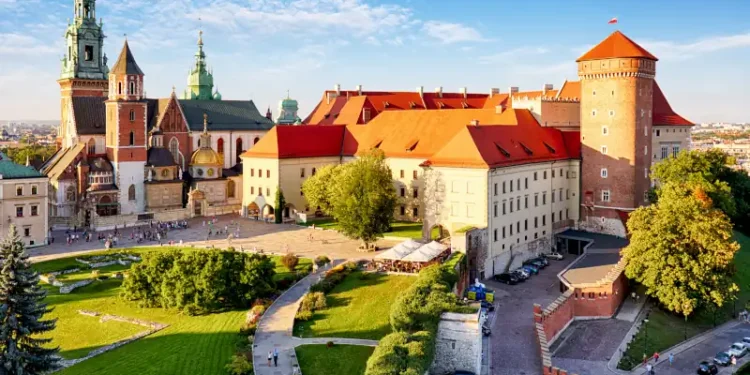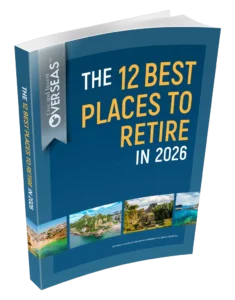I have a friend who is working on his Plan C.
Hank already has a second residency that is leading to a second citizenship. Now he has established residency in a third country to take advantage of the short timeframe that country requires for one to be married to a citizen before he can be naturalized.
Hank’s reasoning for taking this step is simple—he’s getting this third residency because he can.
Now Hank isn’t a paranoid or a conspiracy-theory type. He’s a regular guy taking advantage of options available to him… while they remain available to him. It’s a very smart strategy, because, when it comes to residency and citizenship, the rules are always changing. Options today may be gone tomorrow.
Consider Italy. Up until earlier this year anyone with Italian heritage dating back to 1861 could lay claim to citizenship. Then, the rules changed, and today you can only trace your roots back as far as a grandparent on your quest for an Italian passport.
Plus, right now Poland, Portugal, the U.K., and Sweden are all considering proposals to increase residency requirements before applications for citizenship can be made.
Taking advantage of opportunities as they present themselves is critical to your success as you work to plant your international flags.
Do you need a second residency option if you’re planning on staying where you currently live for the next 10 years?
Not necessarily, but establishing that residency as and when you have the chance may be the difference between having it when you need it and not being able to get it at all.
The same holds true for bank accounts, real estate investments, and citizenship through ancestry.
Another friend (I’ll call her Maria) has two children for whom she obtained formal citizenship and passports from their father’s home country, Britain. The children already had passports from Italy (her home country), so Maria had always wondered whether she really needed to take the time and make the effort to get her kids second passports… until she started traveling with them more often.
When traveling with her children on their Italian passports, Maria has to carry their birth certificates as well as the death certificate for her late husband to prove she’s really their mother and able to take them across international borders without their father’s permission.
Now the kids can travel on their British passports with their mom without this hassle. Italy requires the paperwork; the U.K. doesn’t. When it comes to international travel, less hassle is always a big plus.
Maria’s children were born in France and have lived in that country the requisite time to be eligible for French citizenship and passports, but Maria has decided that two passports are enough for now. If the children continue to live in France (which is the intention), they can always apply for citizenship later, she figures.
I reminded her, first, that rules and requirements for obtaining residency and citizenship anywhere change all the time… and, second, that France’s citizenship rules for a child who was born in the country but who doesn’t have French parents require that the child (or, I guess, his parents) make decisions by certain ages or lose some options if the child ever moves from the country.
Timing is everything. Establishing residency in a country today (even one you are not currently living in and maybe have no definite plans ever to live in) can allow you to become naturalized at some future date and obtain a passport for that country.
Some countries want to see you physically in the country more than others to be eligible for naturalization, but several, including Panama, Belize, and Colombia, have fairly light physical presence requirements. These countries in particular also offer easy and relatively low-cost residency options.
Whatever your plan or current situation, more options is always preferable to fewer. If you’re in a position to take advantage of any particular residency or citizenship option… do.
Stay diversified,
Lief Simon
Editor, Offshore Living Letter










